Living In Singapore: Pros & Cons You Should Know
Singapore is often described as a city that works, and it totally deserves its reputation. This small island nation in Southeast Asia has built one...
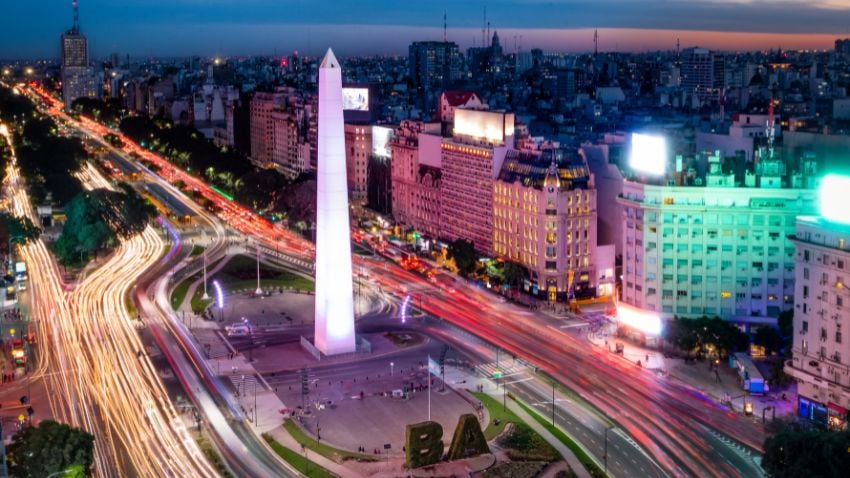
4 min read
Argentina is a country that boasts a diverse and vibrant culture, which is reflected in its art, music, dance, and cuisine. It has a fascinating history, having been colonized by the Spanish in the 16th century and having gained independence in the early 19th century. Today, Argentina is home to over 46 million people, with its largest city and capital, Buenos Aires, known as the "Paris of South America" for its stunning architecture, lively nightlife, and sophisticated cultural scene.
In recent years, Argentina has become an increasingly popular destination for expats looking to escape the hustle and bustle of their home countries and start a new life abroad. With its relatively low cost of living, high quality of life, and welcoming culture, it's no surprise that many people are drawn to this fascinating country. In addition, Argentina is known for its excellent healthcare system, which is affordable and accessible to all.
One of the key benefits of living in Argentina is its well-established political infrastructure. Despite its tumultuous past, Argentina today has a democratic government, with free and fair elections held regularly.
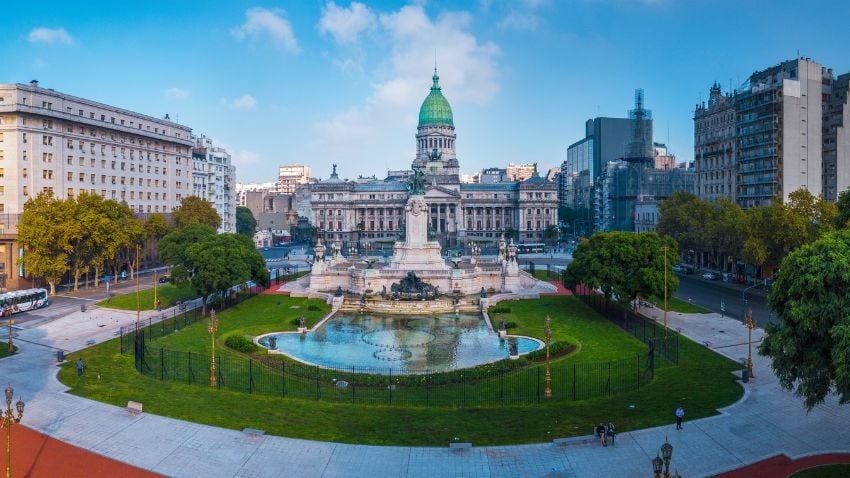
Thanks to its commitment to individual freedoms, Argentina has become a welcoming place for expats
Before diving into the benefits of Argentina's political infrastructure, it's crucial to have a basic understanding of how the country's political system works. Argentina is a federal presidential representative democratic republic. This means that the president is both the head of state and the head of government and is elected by popular vote for a four-year term. The country is divided into 23 provinces and one autonomous city, Buenos Aires, each with its governor or mayor.
One of the defining features of Argentina's political system is its emphasis on individual rights and liberties. The Argentine Constitution guarantees a wide range of freedoms, including freedom of speech, religion, and assembly, the right to a fair trial and the protection of property rights. This commitment to individual rights has helped make Argentina a welcoming place for expats looking to establish themselves in a new country.
One of the most significant benefits of living in Argentina is the country's political stability. While the country has experienced its share of economic and social challenges over the years, it has a long history of democratic government and peaceful transitions of power. The most recent presidential elections in 2019 were widely regarded as free and fair, with a high voter turnout. This stability attracts expats looking for a place to live and work without worrying about political instability or unrest.
Related content: Obtaining Citizenship In Argentina Through Naturalization
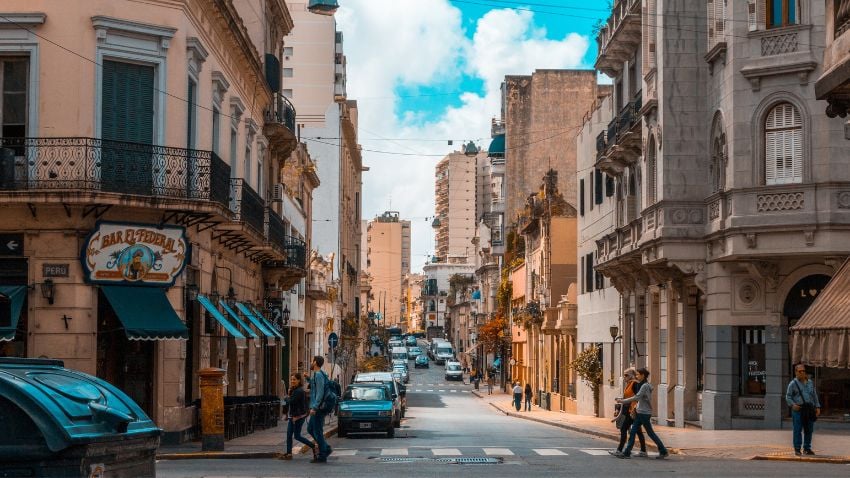
Expats can obtain citizenship by living in Argentina for two years straight
Argentina has friendly immigration policies that make it relatively easy for expats to live and work in the country. The government offers various types of visas and residency permits that allow foreigners to stay in the country for extended periods.
The country provides various services and resources to make expats' transition and living experiences more accessible. These services and resources include language assistance, job placement programs, housing assistance, cultural integration programs, and other similar resources to help expats adjust to their new surroundings.
Numerous expat communities in Argentina, particularly in major cities like Buenos Aires and Cordoba, provide support and resources to foreigners living in the country. These communities can be a great source of information and assistance, particularly for those who are new to the country and need help navigating the local bureaucracy.
Argentina also offers a pathway to citizenship for those who have lived in the country for a certain period. Expats need to live in Argentina to be approved for permanent residency and stay in Argentina for two uninterrupted years to apply for citizenship. This pathway to citizenship can be a significant benefit for expats who are looking to establish long-term roots in the country.
Related content: The Basics Of How To Get A Second Passport Or A Second Residency
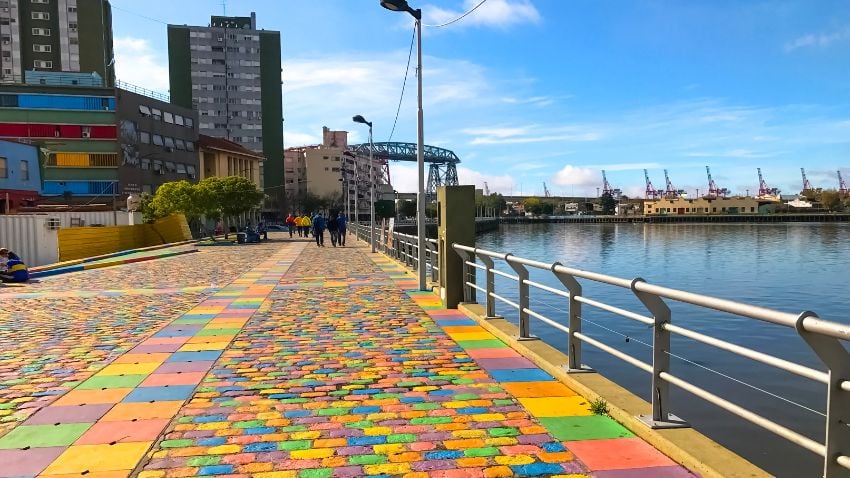
Expats can benefit from the political infrastructure in Argentina through access to education
A key benefit of the political infrastructure in Argentina is its focus on providing quality healthcare to its citizens. Private healthcare in Argentina is regarded as one of the best in Latin America, providing medical coverage to approximately 2 million Argentinean citizens. While not as advanced as healthcare systems in countries like the United States, the quality of care in the private sector is generally considered quite good. Private hospitals and clinics offer various medical services, including specialized treatments and advanced technologies, ensuring patients receive comprehensive and efficient care. Private healthcare providers contribute to the overall healthcare landscape in Argentina, offering choices and options for those seeking personalized and timely medical attention.
However, it's important to note that the private healthcare system in Argentina is highly decentralized, with over 200 organizations operating within the sector. This decentralization means that the quality of care can vary significantly depending on the provider chosen. While some private healthcare organizations have state-of-the-art facilities and highly skilled professionals, others may not meet the same standards. It is crucial for individuals seeking private healthcare to research and select a reputable provider to ensure they receive the highest level of care possible. Despite the variations in quality, a robust private healthcare sector in Argentina undoubtedly contributes to the overall accessibility and availability of medical services for a significant portion of the population.
Related content: Argentina: How To Retire And Become A Resident
Another way that expats can benefit from the political infrastructure in Argentina is through access to education opportunities. The country has a well-developed education system from the last year of kindergarten to the end of secondary school. Expats with children can enroll them in public schools, which offer a high-quality education comparable to private schools in other countries.
In addition, Argentina is home to many prestigious universities and research institutions, which offer a range of academic programs and research opportunities. Expats interested in pursuing higher education can enroll in these institutions, which offer world-class facilities, resources, and opportunities to collaborate with leading researchers in their field.
Related content: Residency In Argentina For Expats
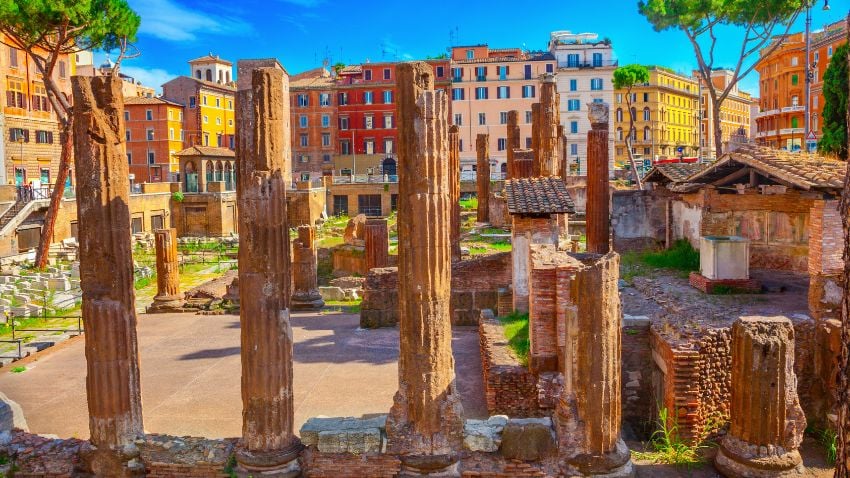
Living in Argentina allows expats to learn Spanish, one of the most widely spoken languages on the planet
Finally, living in Argentina offers expats the opportunity to immerse themselves in a new culture and language. The country has a rich cultural heritage, influenced by its indigenous populations, Spanish colonizers, and waves of immigration worldwide.
Living in Argentina allows expats to learn Spanish, one of the world's most widely spoken languages. This can be invaluable for those looking to work in international business or communicate with Spanish-speaking clients or customers.
In addition to its language, Argentina offers a vibrant arts scene, delicious cuisine, and a love of sports and outdoor activities. Expats living in Argentina can explore everything the country offers, from tango dancing to hiking in the Andes.

The democratic system guarantees political stability and the rule of law, important points for expats
Argentina's political infrastructure offers numerous benefits and opportunities for expats looking to establish themselves in the country. The democratic system ensures stability and the rule of law, guaranteeing freedom and protection of property rights. Moreover, the government's focus on attracting foreign talent and expertise through various visa programs further allows expats to thrive professionally. By leveraging the political infrastructure in Argentina, expats can tap into a vibrant culture and welcoming society, making their experience abroad both rewarding and fulfilling.
If you want the best intel from the expat world, including profitable offshore opportunities, little-known tax-saving strategies, and hard-won insights on immigration, passports, and Plan-B residencies, all delivered to your inbox every single week, then join our daily correspondence, EMS Pulse®. Currently enjoyed by over 84,000 expats and expat-hopefuls worldwide. Fill in the form below to join our newsletter free:

Written by Mikkel Thorup
Mikkel Thorup is the world’s most sought-after expat consultant. He focuses on helping high-net-worth private clients to legally mitigate tax liabilities, obtain a second residency and citizenship, and assemble a portfolio of foreign investments including international real estate, timber plantations, agricultural land and other hard-money tangible assets. Mikkel is the Founder and CEO at Expat Money®, a private consulting firm started in 2017. He hosts the popular weekly podcast, the Expat Money Show, and wrote the definitive #1-Best Selling book Expat Secrets - How To Pay Zero Taxes, Live Overseas And Make Giant Piles Of Money, and his second book: Expats Guide On Moving To Mexico.
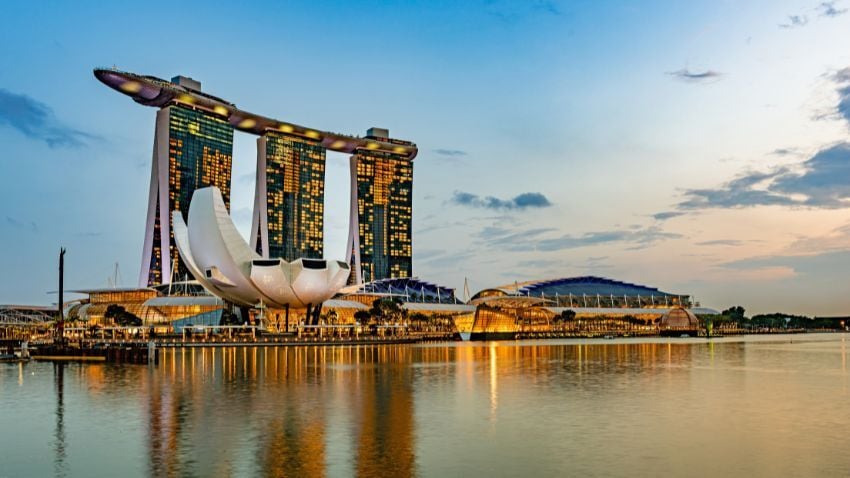
Singapore is often described as a city that works, and it totally deserves its reputation. This small island nation in Southeast Asia has built one...

Panama’s geographic size is modest, but its global relevance is not. The country connects two oceans and two continents, operates on a dollarized...

Honduras’ newly elected president, Nasry Asfura of the conservative National Party, was sworn in on January 27, 2026. The election, held on November...